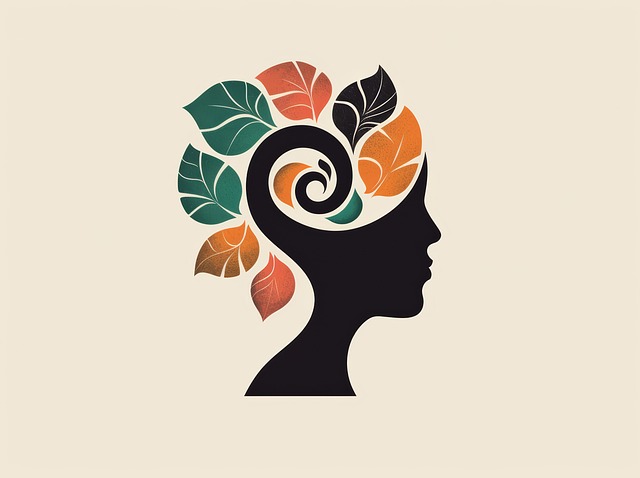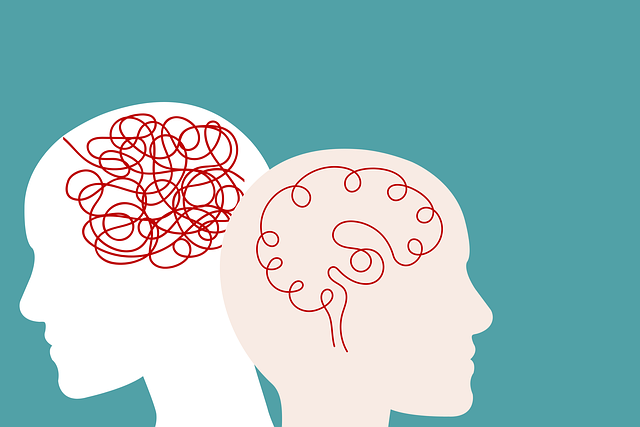Emotion regulation is vital in geriatric care, as it helps seniors cope with aging challenges. Organizations like Highlands Ranch Geriatrics Therapy focus on improving quality of life through emotional well-being support. Training in cultural competency and resilience programs equips healthcare providers with tools to assist residents in managing emotions using self-awareness exercises. Implement these techniques in high-stress environments like Highlands Ranch Geriatrics Therapy for significant mental wellness benefits, reducing stress, anxiety, and depression. Integrating emotion regulation promotes Mental Health Policy Analysis and Advocacy, ensuring accessible, evidence-based practices for a healthier society.
Emotion regulation techniques are essential tools for enhancing the quality of life, especially in geriatric care. This article explores the significance of emotion regulation and its practical application at Highlands Ranch Geriatrics Therapy. We delve into specific techniques taught to clients, highlighting their implementation and remarkable benefits. Understanding these skills can empower both caregivers and seniors to navigate emotional challenges effectively, fostering a better geriatric care environment.
- Understanding Emotion Regulation and Its Importance in Geriatric Care
- Practical Techniques to Teach Clients at Highlands Ranch Geriatrics Therapy
- Implementation and Benefits: Enhancing Quality of Life through Emotion Regulation Skills
Understanding Emotion Regulation and Its Importance in Geriatric Care

Emotion regulation is a vital skill for seniors to navigate the challenges that come with aging. In geriatric care, understanding and supporting residents’ emotional well-being can significantly enhance their quality of life. As Highlands Ranch Geriatrics Therapy highlights, many older adults face unique emotional stressors, such as loneliness, fear of loss, or adjustments to new environments, requiring effective coping mechanisms.
Teaching emotion regulation techniques becomes a powerful tool for healthcare providers in their role. Through initiatives like Cultural Competency Training and resilience-building programs, geriatric care staff can equip themselves with the knowledge to assist residents in managing their emotions. Self-awareness exercises, for instance, enable seniors to recognize and express their feelings healthily, fostering a sense of control and overall emotional resilience.
Practical Techniques to Teach Clients at Highlands Ranch Geriatrics Therapy

At Highlands Ranch Geriatrics Therapy, we emphasize practical techniques to teach clients effective emotion regulation skills tailored to their unique needs. Our approach integrates evidence-based practices that promote mental wellness and stress management, addressing the multifaceted aspects of emotional well-being. Through individualized therapy sessions, our experienced therapists guide patients in developing coping strategies to navigate life’s challenges.
We understand the impact of trauma on emotional health, which is why we offer specialized Trauma Support Services. By incorporating techniques from cognitive-behavioral therapy (CBT) and mindfulness practices, clients learn to identify and change negative thought patterns, fostering a sense of calm and resilience. These tools empower individuals to better manage their emotions, leading to improved quality of life within the supportive environment at Highlands Ranch Geriatrics Therapy.
Implementation and Benefits: Enhancing Quality of Life through Emotion Regulation Skills

The implementation of emotion regulation techniques teaching has significant benefits for individuals’ overall well-being, particularly in high-stress environments like Highlands Ranch Geriatrics Therapy. These skills empower people to navigate their emotional responses effectively, leading to enhanced mental wellness and improved quality of life. Through regular practice, patients can better manage stress, anxiety, and even depression, fostering a sense of calm and control.
Mental Wellness Journaling Exercise Guidance often forms a cornerstone of these teachings, encouraging individuals to reflect on and process their emotions. This introspective practice has been shown to reduce symptoms associated with mental health disorders. Moreover, by integrating emotion regulation into therapeutic settings, such as Highlands Ranch Geriatrics Therapy, Mental Health Policy Analysis and Advocacy can be promoted, ensuring that evidence-based practices are accessible and widely adopted. Increased awareness about the importance of emotional intelligence contributes to a healthier society, where individuals are better equipped to handle life’s challenges, ultimately enhancing mental health awareness.
Emotion regulation techniques are invaluable tools in geriatric care, as evidenced by the successful implementation at Highlands Ranch Geriatrics Therapy. By teaching clients practical skills, this approach not only improves their emotional well-being but also enhances their overall quality of life. The benefits are clear: from better coping mechanisms to improved relationships and a sense of control over one’s emotions. As we continue to explore and refine these methods, the impact on geriatric care and the lives of those it serves will undoubtedly grow.









